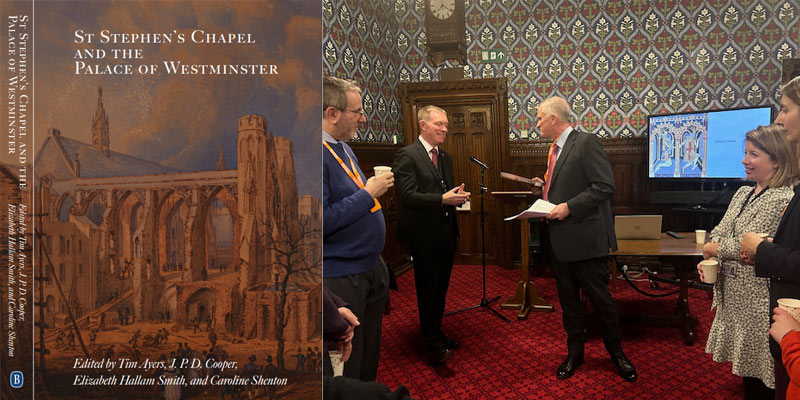News

York is ranked 7th in the UK for history of art, architecture and design in the latest release of the Complete University Guide league tables (2026).

New display of JMW Turner's watercolours and drawings, now open to visitors at Tate Britain

A wide-ranging, illustrated exploration of the uses of stucco in Islamic architecture in the pre-modern period

Researchers at the University of York are working with Harewood House to shed new light on the social and cultural life of the country house in celebration of 250 years of novelist, Jane Austen, and painter, JMW Turner.

We have been ranked 54th in the world and 11th in the UK for the study of Arts and Humanities in the Times Higher Education (THE) World University Rankings by subject. The ranking recognises the quality of our courses, and the experiences and opportunities they provide to our students.

We are now inviting applications for History of Art Graduate Teaching Positions for the 2025/6 academic year.
.jpg)
How can attention to artistic practices and visual interventions from across the global mosaic of local contexts contribute meaningfully to the decentring of hegemonic narratives and research on art and HIV/AIDS? What new configurations of work from across both global south and north are necessary to re-assess the histories of this epidemic, and intervene in its ongoing present? This conference invites papers that examine the state of the field in the study of art, visual culture and HIV/AIDS, presenting recent or ongoing research projects that seek to complicate understandings of this vast area of contemporary life.

The publication of 'St Stephen's Chapel and the Palace of Westminster', edited by Tim Ayers, J P D Cooper, Elizabeth Hallam Smith and Caroline Shenton, marks the culmination of a major AHRC-funded research project (2013-17), led by scholars in the History and History of Art Departments at the University of York.
